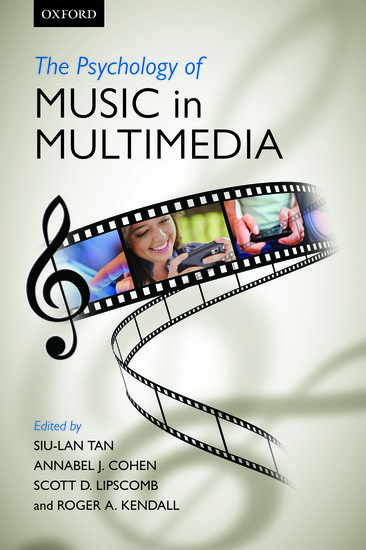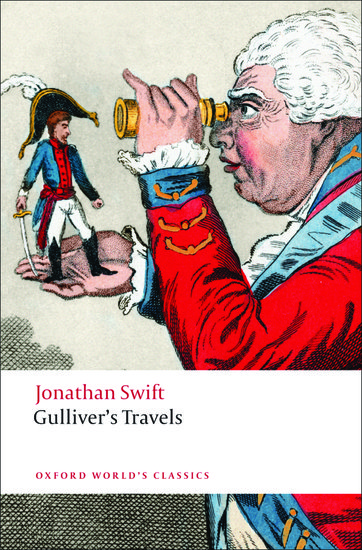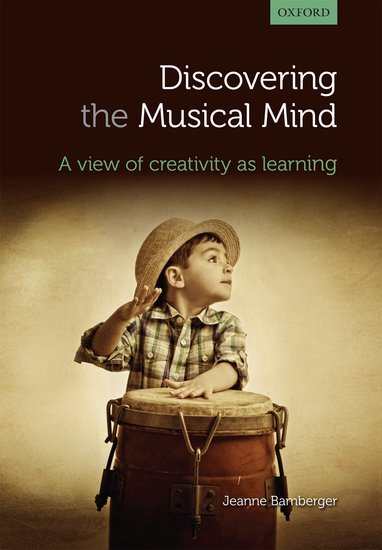Gravity: developmental themes in the Alfonso Cuarón film
Spoiler Alert: This article includes plot details from the film. Watching Gravity as a professor who teaches child psychology, I could not help but see the developmental themes that resonate with this film. One of the luminous images that lingered with me long after the film ended is the scene in which Ryan Stone (Sandra Bullock) is nestled in the safety of a spacecraft following a grueling battle for her life.









